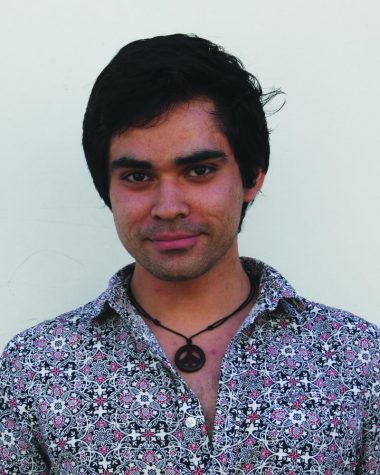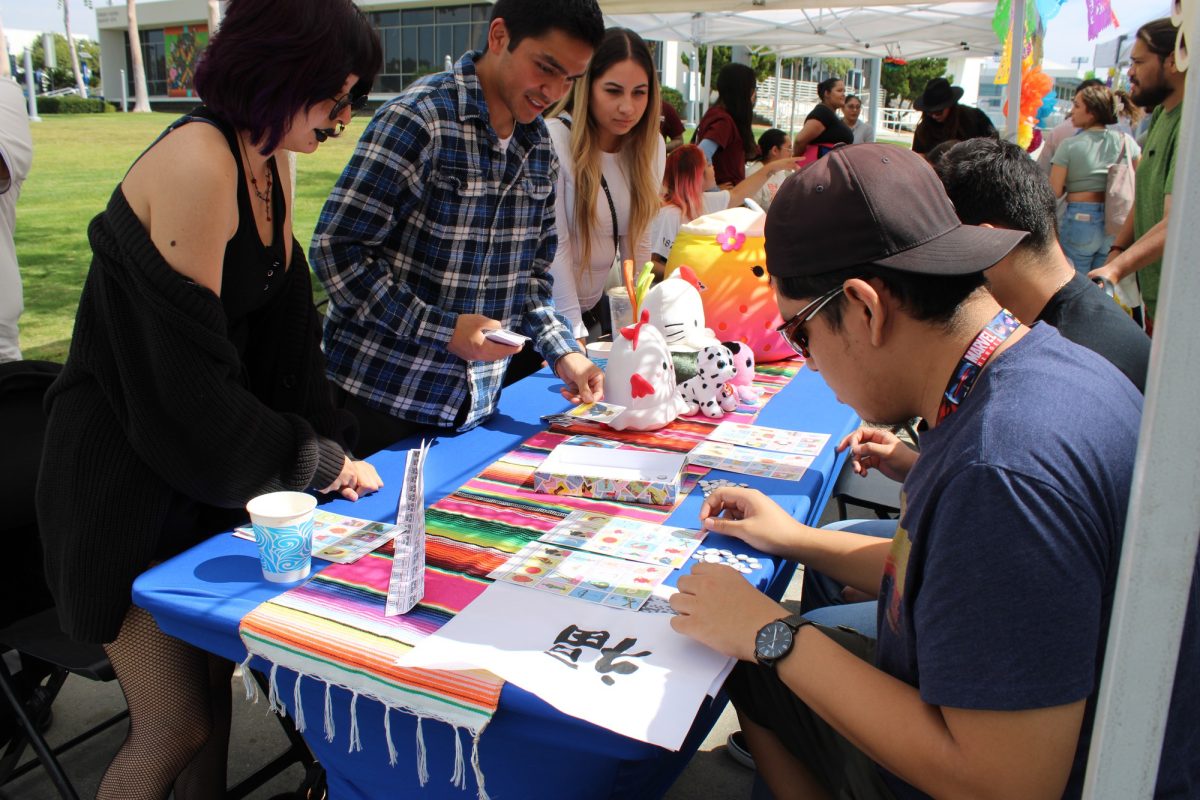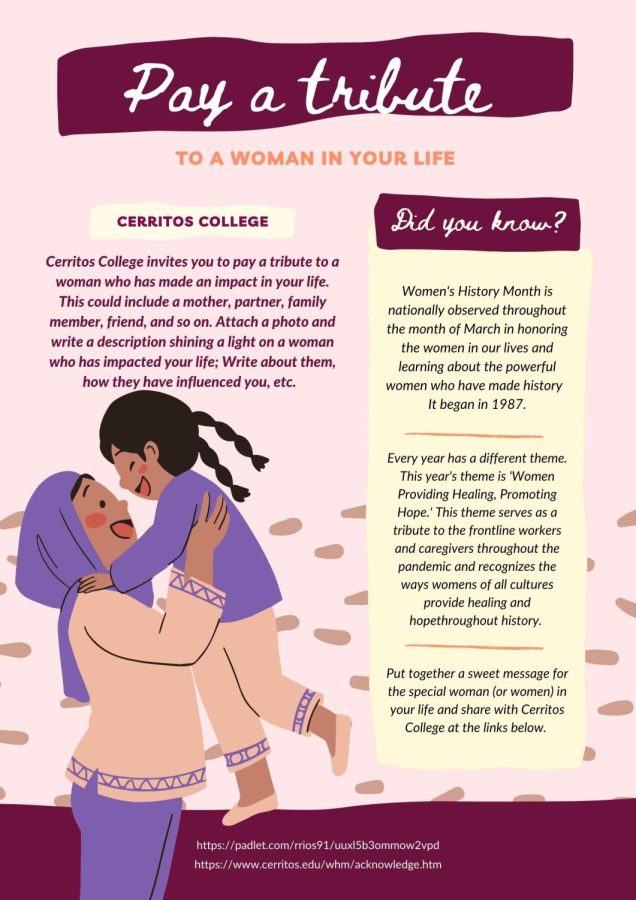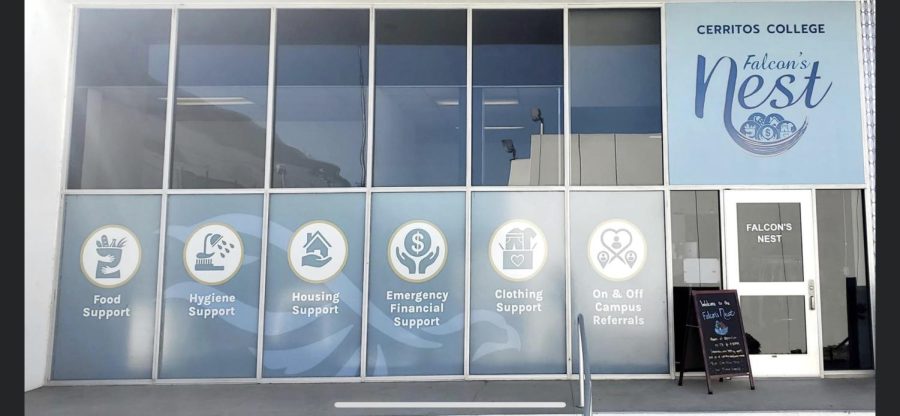Knowledge, experience and networking– that’s what many psychology majors and others got from the Psychology Day hosted by Psi Beta (a.k.a. the Psychology Club).
Carlos Osorio, the president of psychology club, explained in a presentation at the kick off of the event that the Cerritos College chapter of Psi Beta is the first to be established in the state and second in the nation.
Dr. Jaclyn Ronquillo, advisor of Psi Beta, added that the club helps with networking.
After this presentation, the group that had gathered for Psychology Day broke off and went to the Business Building– to see factions of research students give psychological explanations of the various experiments they executed.
One such group was Amethyst Macaspac, Elizabeth Munoz-Castellanos and Keith Banuelos who studied the “Bystander Effect” on small group size.
Psychology major Macaspac commented, “There is a diffusion of responsibility; where– because there are so many people– the responsibility to help another person is being passed from one person to another. So no one actually helps.”
She added that the group examined the possible reversal of that; which is, as their hypothesis speculated, “If someone else were to help, the participant in the study would be aware that someone is helping and be more likely to help.”
Psychology major Castellanos, who “collected most of the statistics,” said that she also was the one that talks to the participants and “gives out papers.”
Macaspac, also a psychology major, had the job of being a mock-participant in the study and dropping a stack of papers to wait and see if anyone would come and help.
Another group was Shawn Kelly, Jacqueline Andrade and Samantha Zamorano who studied how symmetry of the face affects someone’s first impressions.
“In research methods,” psychology major Zamorano stated, “we go around the room and see who is interested in what. After that we team up.”
She went on to say that her group was interested in the “Halo Effect,” which is the effect your appearance has on how people view you.
That group became more precise in their motives and wanted to see if women’s self-esteems fluctuate if they are in the presence of an “attractive” female versus an “unattractive” one.
Andrade, a psychology major, added that it is easier to choose a group partner than a life partner in reference to her statement that choosing the right group is an important element of a project.
An intern and psychology major at Cal-State Long Beach Samuel Valle gave a similar presentation on how low-sensitivity drinkers and drinkers with high motives are more at risk.
“One thing I want students at Cerritos College to know,” Valle said, “is that it’s okay to drink, but you’ve got to start limiting yourself.”
Katie St. John, instructor of psychology gave a talk on the orgasm gap between heterosexual women and homosexual women and why it exists.
Beforehand she stated, “The key points will be orgasms are important to study to relationship satisfaction and functioning,” in addition to the idea that the female orgasm is “elusive.”
“If you look at lesbian couples, it’s really not that elusive,” St. John explained, “There are things that you can do to minimize that gap between heterosexual couples and non-heterosexual couples.”
Psychology department co-chair Kimberley Duff, who supervised the students who participated in Psychology Day, said that those students were “very instrumental–” for contacting speakers from different communities and universities, and organizing the event (such as taking registration).
Duff gave a talk on mentoring successful Cerritos College students– saying that because students from the school are going on to transfer successfully and getting masters and PHDs.
One point Duff says is important for students to hear is even if you don’t have the “perfect GPA,” extracurriculars show how dedicated you are.
Experience can be more valuable than knowledge.










